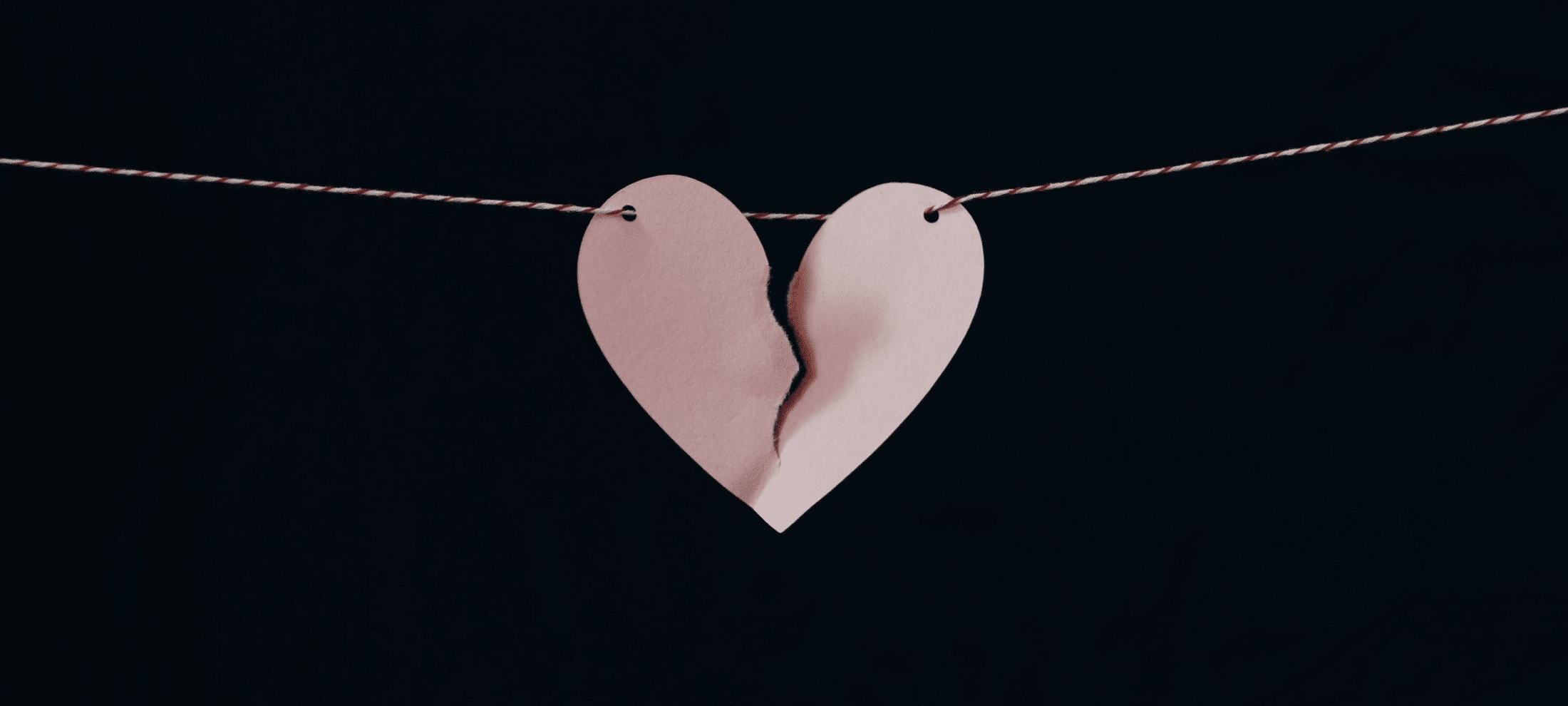
Eight questions to consider about schooling and COVID-19
Opinion + AnalysisHealth + WellbeingRelationships
BY The Ethics Centre 20 MAR 2020
For the parents of school age children, the coronavirus pandemic presents challenging ethical decisions.
On one hand, all available medical evidence suggests ordinarily healthy children are at no risk of harm from COVID-19. While they can present with minor symptoms if infected, there’s believed to be no lasting injury. The nation’s formally appointed medical advisers have advised that schools should stay open, at least for now. Despite this, there’s considerable agitation amongst parents facing this decision, a number are already voting with their feet by not sending their kids to school.
The situation is made more difficult for parents thanks to contrary medical advice from credible informal sources. Likewise, parents are wrestling with apparent conflicts in policy settings – indoor gatherings of 100 or more are deemed hazardous (500 if outdoors), and we’re implored to adhere to social distancing, yet schools are deemed to be exempt from these restrictions.
Part of the problem is that governments are seen to be lacking transparency around why these contradictions exist. So, many parents are left to wonder if their children and their families are being asked to bear risks for the sake of others – and to do so without any opportunity to consent to the role they are being asked to play.
So, what should parents do? Here are some questions we can ask ourselves:
-
What are the facts?
Have I sought information from the most authoritative sources, not just those with the loudest voice or widest following? Am I listening to those specifically qualified to speak on the matter or am I sifting information to suit my pre-existing preferences (what we know as confirmation bias)?
-
Do my children and family matter more than others?
Does my duty to my immediate family take precedence over obligations to all others in my wider community, including relative strangers? Who will bear the ultimate burden of my decision? For example, some of the reasons for the government wanting schools to remain open are to allow emergency workers with children to attend to their duties and to help prevent the economy from shutting down due to employees being diverted to child-caring duties. All of this confers benefits on wider society.
-
Am I claiming a privilege I don’t deserve?
what would I decide if I found myself in the position of the most vulnerable person in society? Not everyone has the same choices in life. For example, the very wealthy will often be able to afford a period without employment income, while others will struggle to meet the most basic needs. So, is the option to withdraw your child from school something that you can ‘afford’ to do – but not others with fewer financial resources, or less support, more generally?
-
Is fear distorting my judgement?
Am I misjudging the real level of risk? And in doing so, am I discounting the opportunities for my children? For example, has the school put in place hygiene measures and the monitoring and testing of symptoms as part of their regime? Does that offer an environment that is only marginally less safe than your home – especially if you and other family members still intend to come and go from the house, as required from time to time?
-
Am I being proportionate in my response?
Am I considering opportunities as well as risks, and weighing them up in a manner that allocates appropriate weight to each? In making this assessment should the interests of society as a whole be given priority? For example, if the risks to my children and family are very low, but the effective costs of my decision on others are very high, have I good enough reasons to explain to others why my small gain is worth their large level of pain? If your decision to withdraw your child tips the school into closure, will you be imposing a burden on others that they cannot afford to bear?
-
What are my ‘non-negotiables’?
Are there certain decisions that I would regret making for the rest of my life? For example, if your child did become infected at school – could you live with the fact that you had allowed exposure? Would it matter so much if you knew that infection would have only minor consequences for the child? Likewise, could you live with yourself or another family member being exposed to risk of infection due to your child attending school?
-
How might history judge my decision?
Would an independent and unbiased judge find the decision you make wanting? Indeed, would you remain confident in your choices if you know it would be a leading news story in the months or years to come? Imagine people in the future considering your decision and its motivations. Would they endorse those choices, given the information and options that are available to you now?
-
Are there creative alternatives that would resolve the dilemma?
Is it possible to reconcile competing interests by proposing a novel solution? For example, could society close schools while making alternative arrangements for the safe care of the children of people working in essential services. Is it possible to maintain a flourishing economy while whole families work from home for extended periods?
There are no ready-made answers to ethical dilemmas. As such, ethics does not demand an illusory form of ethical perfection. Reasonable people can and do disagree about the answers to challenging ethical questions – such as how best to respond to the emergence of COVID-19. That is fine – especially in circumstances where the best option available is simply the ‘least bad’. All that ethics requires is that, as a minimum, we stop and think, tie our decisions back to an explicit framework of values and principles and make a conscientious judgement of how competing interests should be ranked in our estimation of what it is right and good to do.
You can contact The Ethics Centre about any of the issues discussed in this article. We offer free counselling for individuals via Ethi-call; professional fee-for-service consulting, leadership and development services; and as a non-profit charity we rely heavily on donations to continue our work, which can be made via our website. Thank you.
Ethics in your inbox.
Get the latest inspiration, intelligence, events & more.
By signing up you agree to our privacy policy
You might be interested in…
Opinion + Analysis
Health + Wellbeing, Relationships
How to break up with a friend
Big thinker
Relationships, Society + Culture
9 LGBTQIA+ big thinkers you should know about
Opinion + Analysis
Business + Leadership, Relationships
Treating citizens as customers is a recipe for distrust
Big thinker
Relationships




